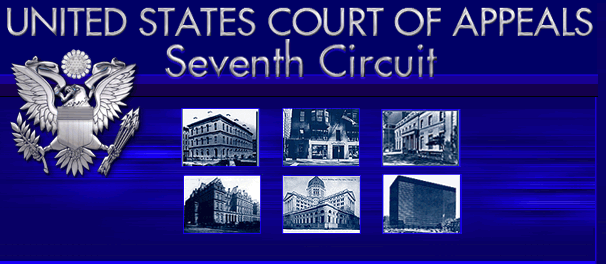Like the 80 inches of snow that pummeled Buffalo this week, the crusade against time-barred debt continues to hammer the collection industry. Today the United States Court of Appeals for the Seventh Circuit denied a petition for leave to file an interlocutory appeal in the matter of Patrick v. PYOD, LLC.
Earlier this summer, a judge sitting in the United States District Court for the Southern District of Indiana denied a collector’s motion to dismiss an FDCPA complaint based on the filing of a proof of claim on a debt that was beyond the statute of limitations. Relying on Randolph v. IMBS, Inc., 368 F.3d 726 (7th Cir. 2004), the court reasoned that the Seventh Circuit had previously held that violations of the Bankruptcy Code can be the basis for a violation of the FDCPA. Relying on the Seventh Circuit’s prior admonitions for collecting time-barred debt (Phillips v. Asset Acceptance, LLC, 736 F.3d 1076 (7th Cir. 2013)) as well as Crawford v. LVNV Funding, LLC, 758 F.2d 1254 (11th Cir. 2014), the district court denied the motion to dismiss.
In its opinion, the court did acknowledge the vast authority contrary to its position in other districts and circuits. This split in authority was one of the reasons given for granting the petitioner’s motion for leave to file an interlocutory appeal.
In denying the petition for leave to appeal, the Seventh Circuit declined to rule early on an issue that will shortly be back before it as the only issue to be determined in district court is how many proofs of claim did PYOD file and what is its net worth. Even if PYOD settles, the avalanche of Crawford-type cases being filed will continue and one will ultimately reach the Seventh Circuit through the normal appeals process.


